The LCS is back and in full force! Before the Summer Split, LCS commissioner Mark Zimmerman addressed the community with the news that best-of-threes would be returning—but perhaps not in the way we would have imagined.
The LCS introduced a single round-robin format, with every series being best-of-three, similar to the format seen during the regular season for each VALORANT domestic competition last year. Following the conclusion of week two, Alan “Busio” Cwalina, Eric “Licorice” Ritchie, and Sean “Yeon” Sung sat down with Emily Rand for the latest edition of the LCS podcast, Pros. The group discussed their thoughts on the best-of-three changes and how they have impacted preparation.
Best-of-threes mean more focused preparation
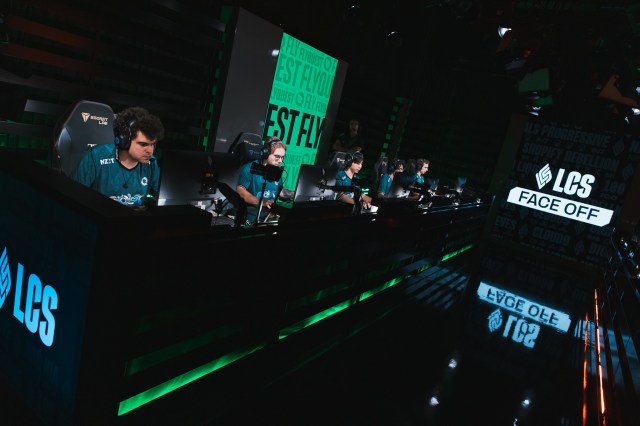
The change to best-of-threes has received a positive reaction from both players and fans, who have wanted to see the removal of best-of-ones for some time. After two weeks of games, LCS pros seem pleased with the change.
The new format sees teams playing one series weekly, meaning they no longer have to prepare for multiple matchups. In theory, this should be a positive change as teams get to hone in on their strategies for one particular opponent. “If you had to play two opponents, you would probably be trying to get better at the game specifically, but now you can practice specific comps for certain teams,” Yeon said. “Best-of-threes are so much better, I would say”
Both Licorice and Busio echoed this sentiment when they were asked on their opinion about best-of-threes and how it has improved preparation. Going against one opponent, you can develop better strategies because you have more time to focus on that team. “In terms of prepping for teams, it has the playoffs feel,” Licorice pointed out. “It’s nice to have it be simpler; I don’t have to think about multiple teams… Now you are playing one team and prepping drafts for them.”
It is not only about preparing for best-of-threes; teams also now have to learn the skill of adaptation. Solving mistakes mid-series can be the difference between winning and losing, and Busio acknowledged the opportunity it gives teams during a series. “Yeah, you can definitely do more in-depth scouting,” he said. “And you should be preparing for multiple games in the series like when the draft changes after people perform well or things aren’t working out. Best-of-threes are just great, I love them.”
The caveat to best-of-threes
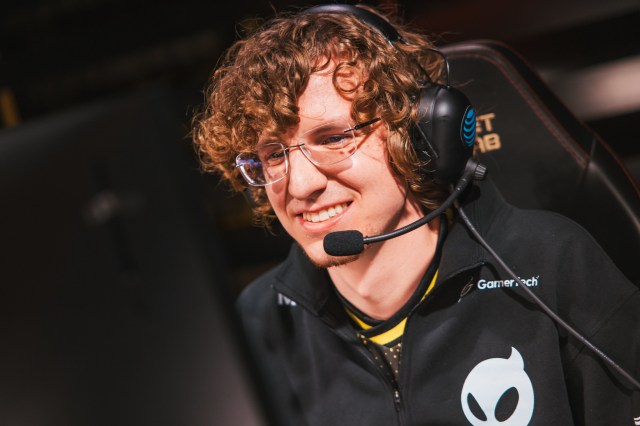
“The only downside [to best-of-threes] is each series matters a lot because there are only seven games, which kind of sucks, but it is what it is,” Yeon mentioned, and his point is a big one. The new format leaves no wiggle room for teams looking to qualify for the six-team playoffs—only playing seven matches means a poor start could signal the end of your campaign before barely getting your feet wet. This is the caveat for pro players and fans wanting best-of-threes. They only get a small sample size, and every match is vital.
Licorice echoed the sentiment when speaking about his own team. Dignitas lost their opening series to Cloud9, meaning a loss to 100 Thieves would put them at an 0-2 start with stronger teams on the horizon. “Every game is important with the current system,” he emphasized. “For example, with me, I felt the pressure [yesterday] because I didn’t want to start 0-2, because that is a really hard start to the season.”
Later in the podcast, Yeon also mentioned that best-of-threes can expose teams that could be better in best-of-ones. 100 Thieves were specifically mentioned during this portion of the podcast, a team many pro players have not been high on dating back to the Spring Split regular season. Yeon believes because of their explosiveness, teams will be able to “play around that” in a best-of-three, and Licorice “wouldn’t rate them that highly.”
Regardless of the pitfalls, best-of-threes have fundamentally altered the LCS landscape, and teams that want to make playoffs and even international competition beyond that will need to adapt quickly—or be left behind.



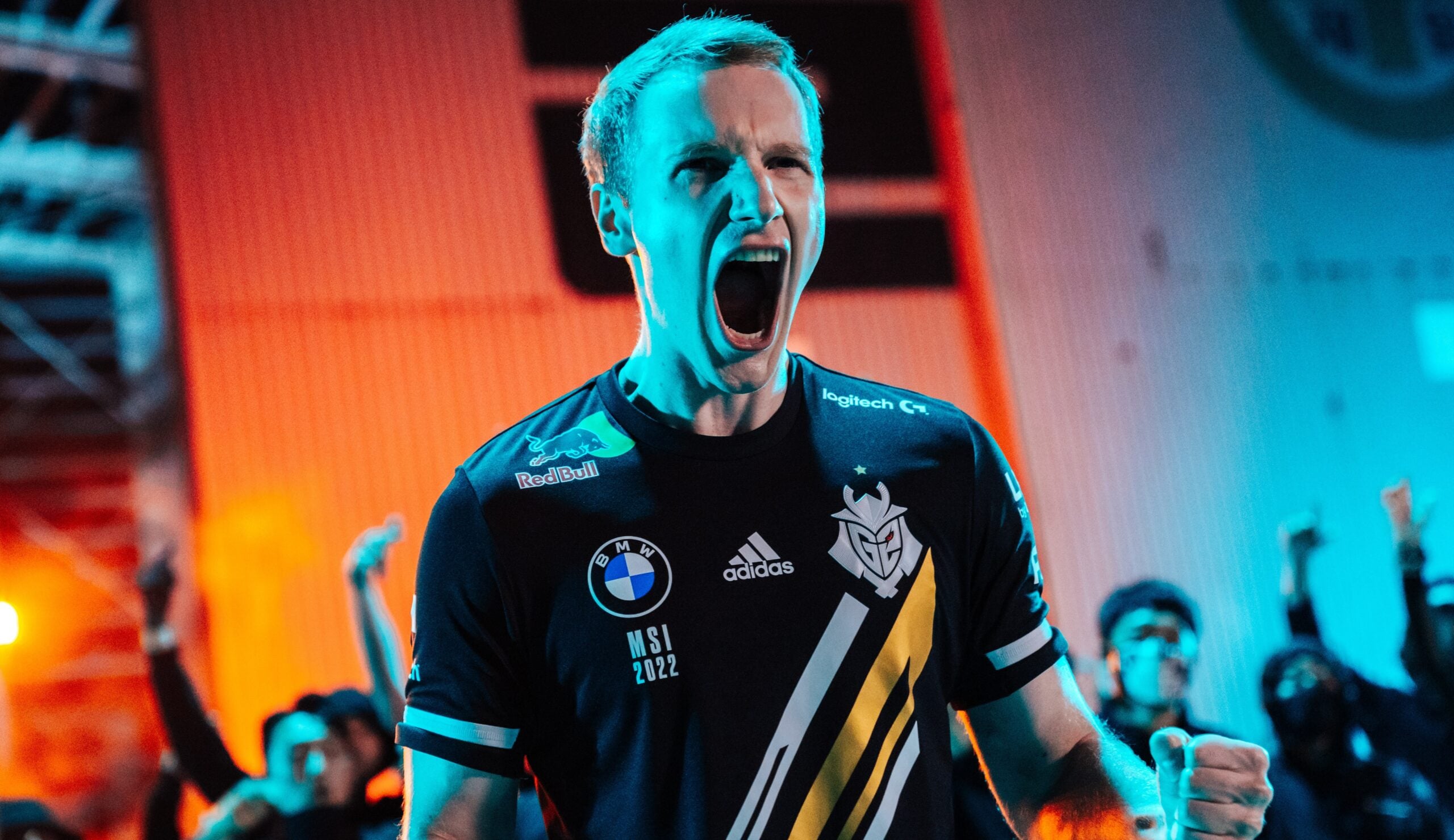
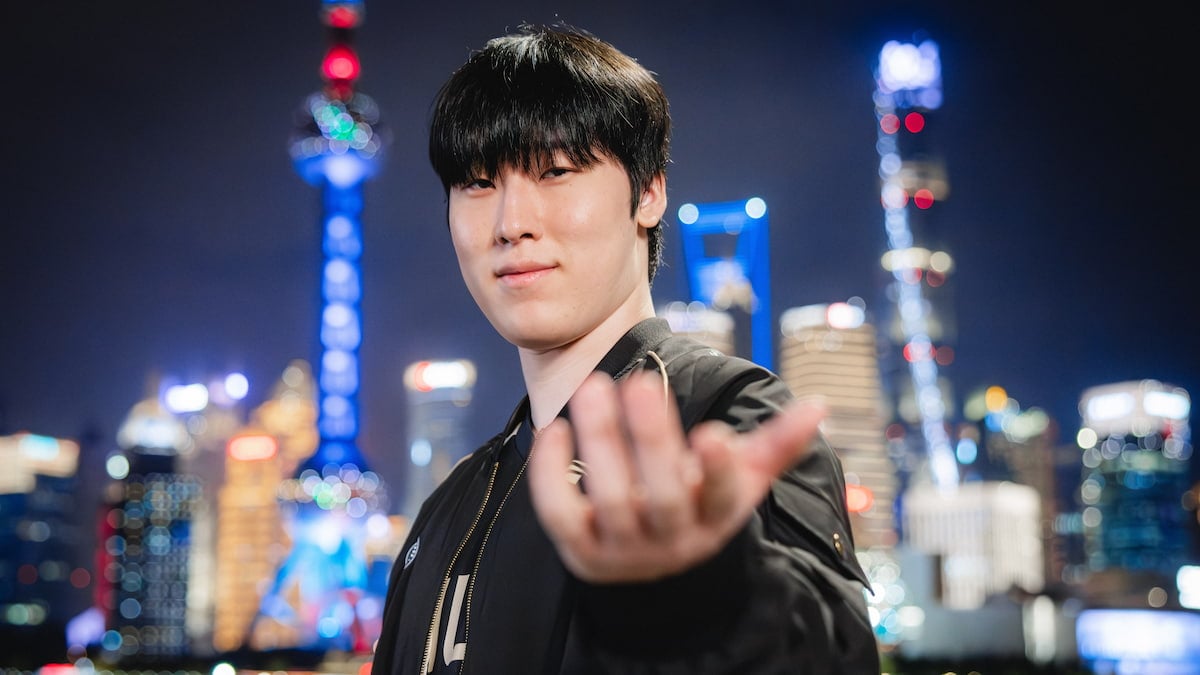
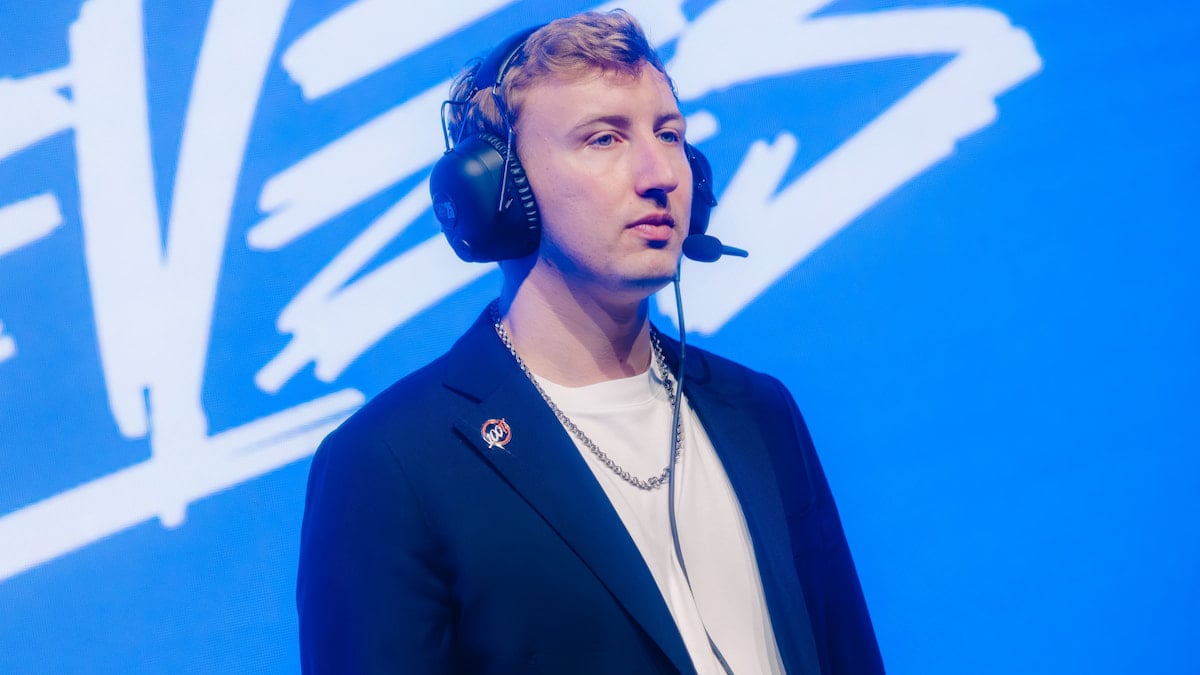
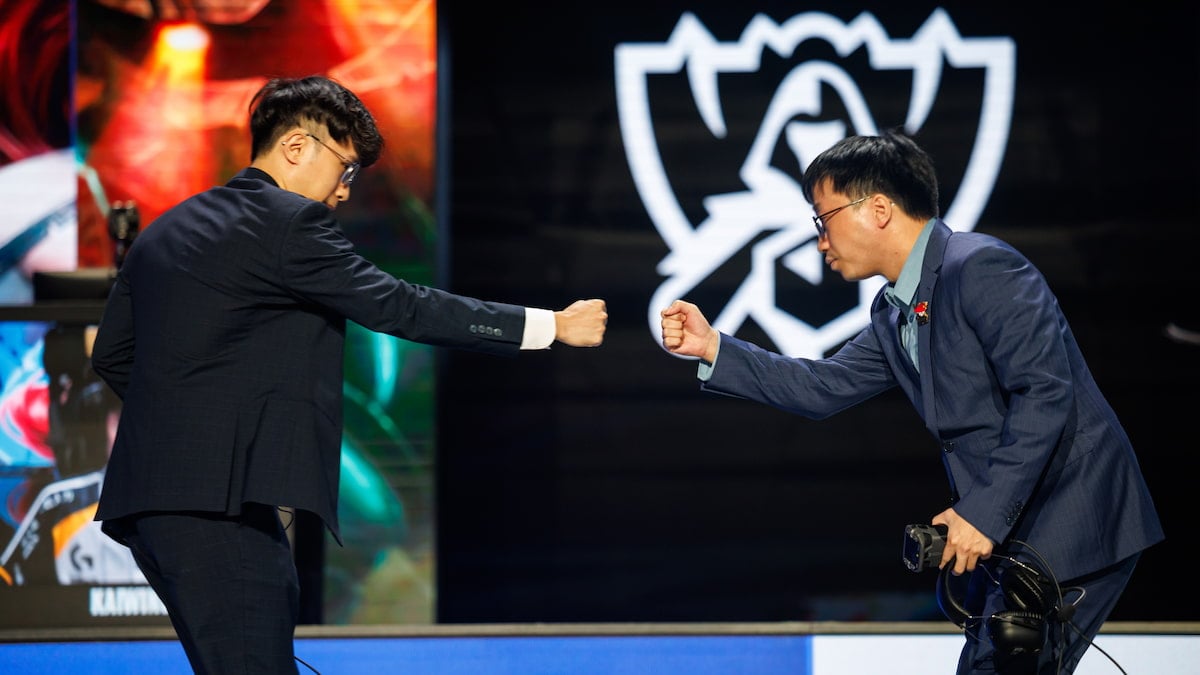
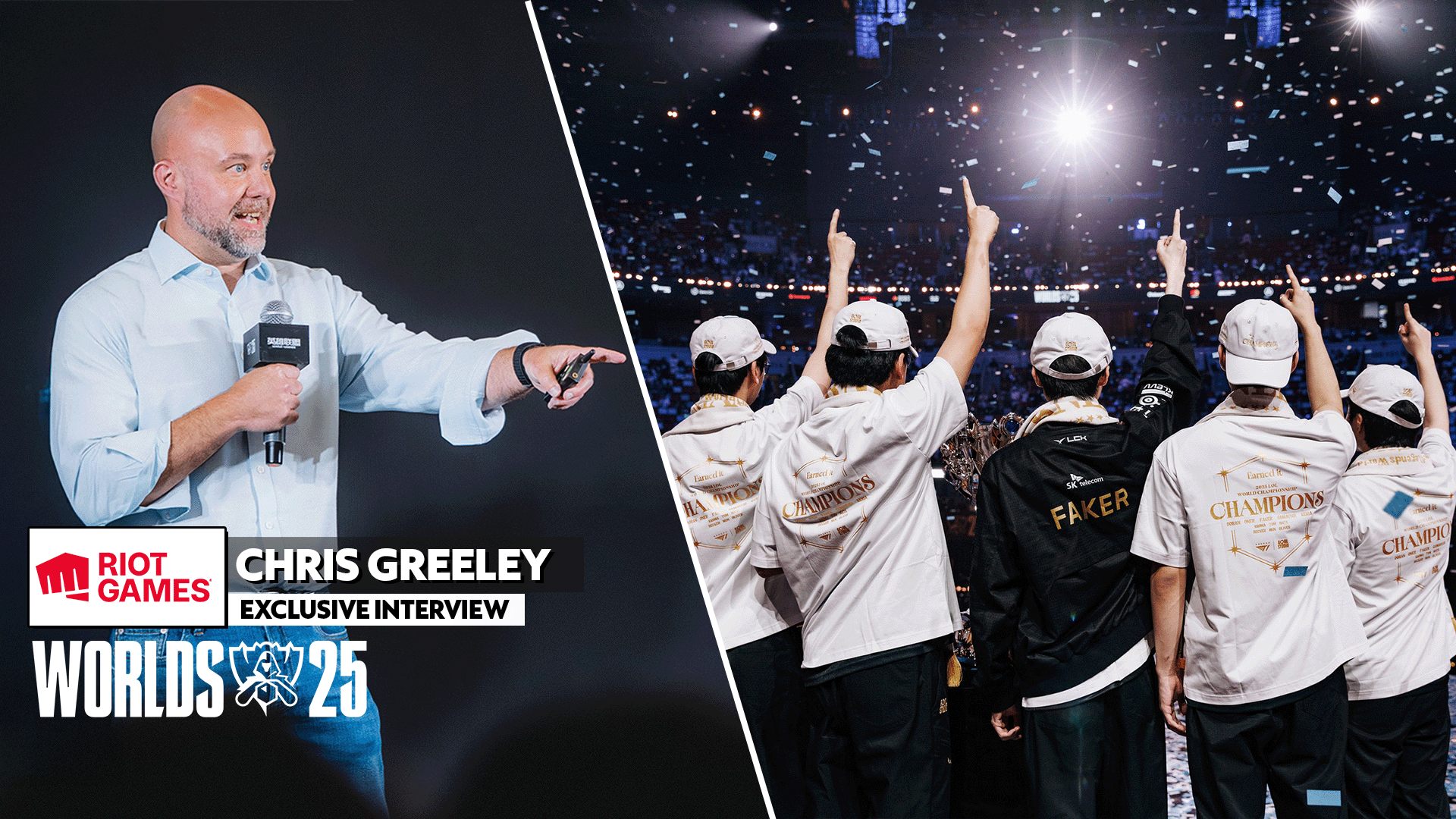
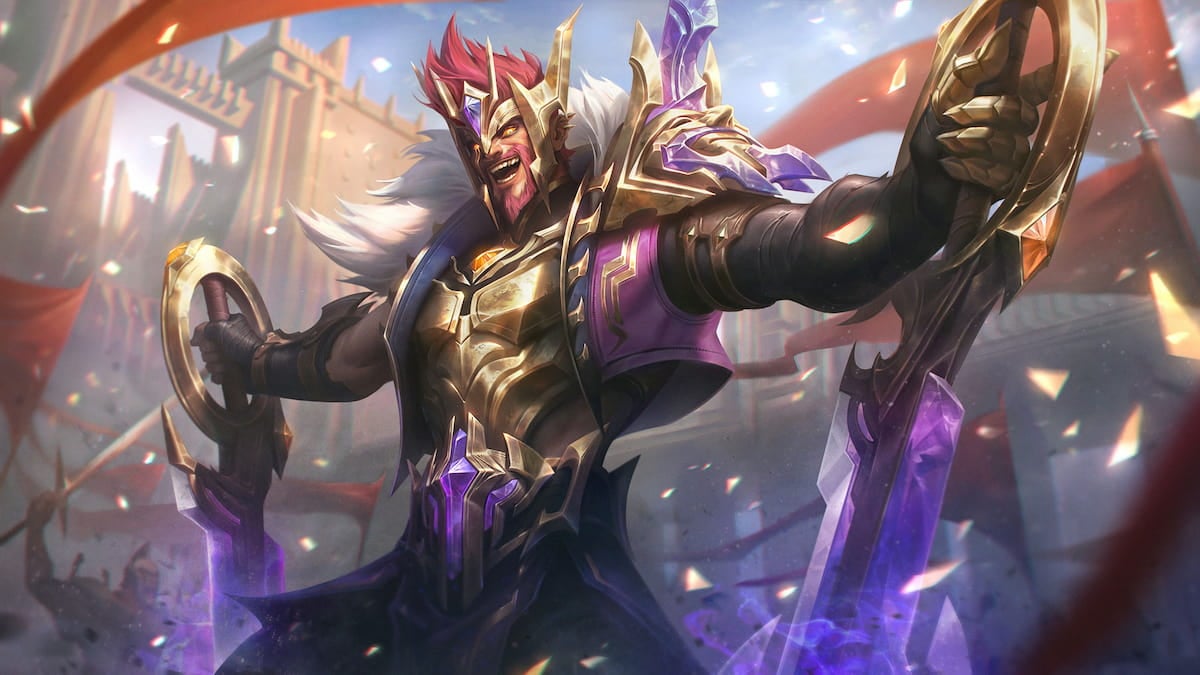

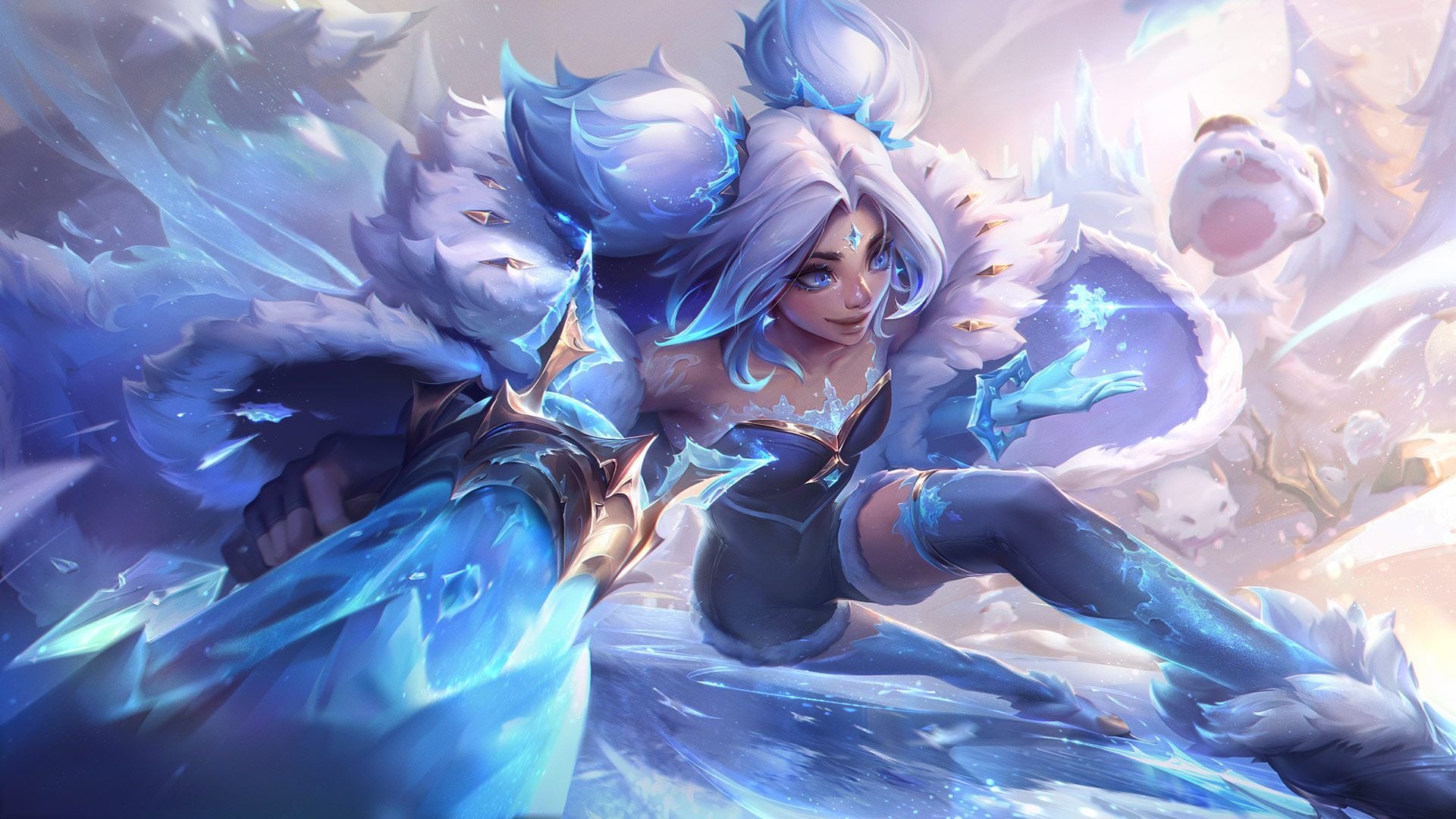
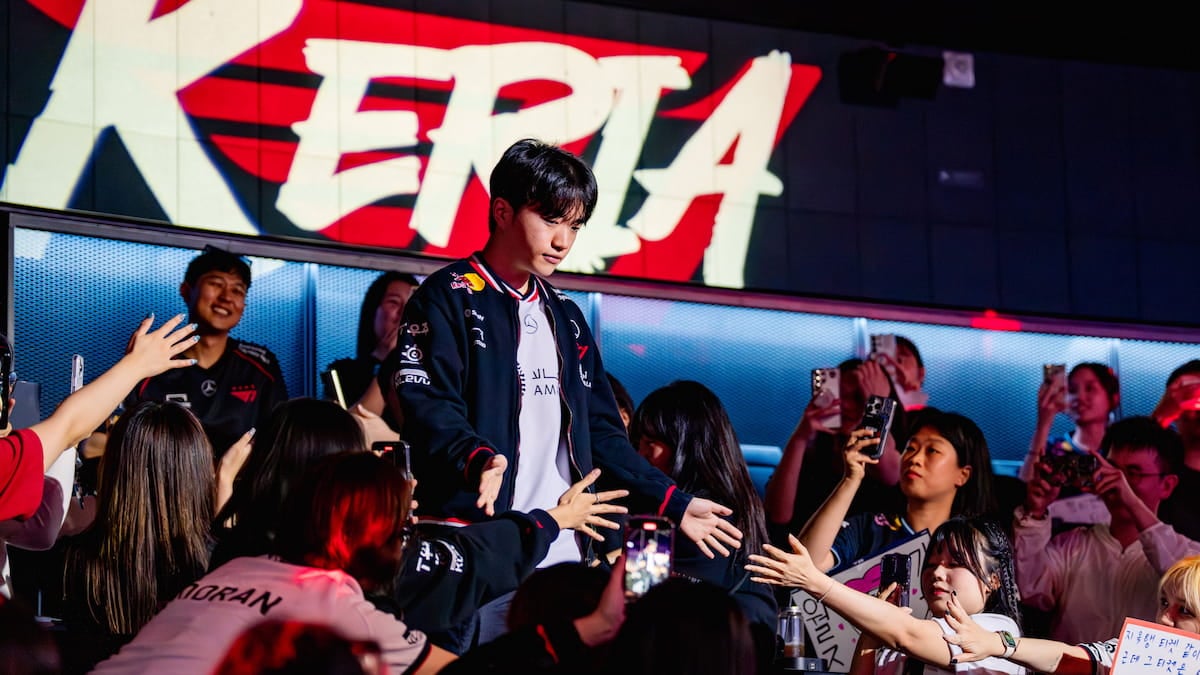
Published: Jun 24, 2024 11:24 am